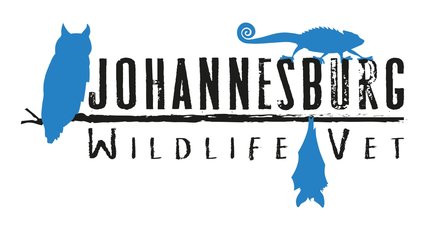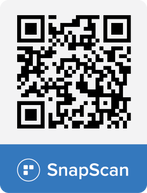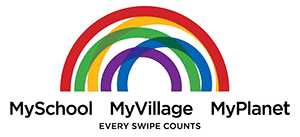|
It is not new information that a number of indigenous animals are sold on the sides of the road - particularly Flap-necked chameleons (Chamaeleo Dilepis). This illegal wildlife trade is ongoing en route to Sun city, and has become a concern in other areas too.
WHAT TO DO if you come across wildlife being sold: - DON'T be part of the illegal wildlife trade, and NO NOT purchase the animal (we know it is difficult not to want to buy them, but the purchase perpetuates the problem!). - Contact the NSPCA's Wildlife protection unit to confiscate the animal: 082 575 0241 or 071 593 6523. This young chameleon was confiscated from illegal traders in Tarlton informal settlement, and subsequently brought to us. He was dehydrated and underweight, and after a few days of tlc and making sure that the little guy could feed himself, he was released into a safe and suitable area. We treat indigenous wildlife, free of charge, relying on the community for donations and support. Johannesburg Wildlife NPC FNB Cheque account Account nr: 62658400264 Branch code: 255355 Swift code: FIRNZAJJ SNAPSCAN: https://pos.snapscan.io/qr/PXMP5766 Pics: Sr Alicia This juvenile Puff adder (Bitis arietans) was taken to
Mooikloof Companion Animal Centre after an altercation with a cat. Dr Pieter requested our assistance, and the snake was transferred to our facility. (The cat had very long hair and miraculously was not bitten). The snake had a few lacerations to her face and neck, but we were most concerned about skull and jaw fractures. At first we only stabilised her and the wounds were treated topically. We also administering pain meds and a course of antibiotics. She was battling to eat without assistance (writhing in pain every time she opened her mouth) and we were worried about the movement of her jaw, therefore radiographs were needed to determine the extent of her injuries. With a highly venomous snake, this was no easy feat! She was sedated and the radiographs confirmed multiple skull fractures and in particular, a dislocated left mandible. Snakes can normally reduce a jaw dislocation, but because of the fractures, she was unable to do so. Dr K anesthetised her via intra-cardiac injection, intubated her and was assisted by Sr Alicia monitoring the anesthetic. Dr Kelsey carefully stitched the wound which effectively held the jaw bone in the correct place. The surgery was a great success and we were hopeful that she would now be able to eat on her own, as before we needed to tube feed her. She made a full recovery and after two weeks the sutures were removed. Follow-up radiographs were taken and we were happy to note that her fractures were healing. She was now a proper puffy again - with an attitude of note, and feeding successfully on her own! She can now do the rest of her healing in the wild and she was released. We could not have helped this snake without the expertise of snake handler, Grant Fairley. Thanks so much Grant for always being willing to assist us! We treat indigenous wildlife free of charge, relying on the community for donations and support. Pics: Grant Fairley & Ashleigh Pienaar This birthday we celebrate not only that our doors have been open for FOUR years, but also that we have made it through a year of the Covid pandemic and nation wide lockdowns. As a non-profit, we rely on donations to keep our doors open, and every cent counts!
Wildlife rescue is hard work. It takes long hours of feeding, cleaning and treating patients. The general day to day running of our hospital is overseen by a small team of staff that work overtime to ensure that every patient is getting the best care. In order to do this, we need funding - being a non profit facility we do not receive any money from the government. Please consider a “birthday gift” of a monthly debit order toward our running costs. With over 30 000 followers on our page, together we can make a massive difference! Johannesburg Wildlife NPC FNB Cheque account Account nr: 62658400264 Branch code: 255355 Swift code: FIRNZAJJ No donation is too small! Your help will ensure that we can keep feeding our patients, pay for their treatment, pay our small team, and this is our way of playing a part in conserving indigenous wildlife for generations to come. We treat indigenous wildlife free of charge, relying on the community for donations and support. Pics : Ashleigh Pienaar Retrieved out of the trade On the 25th of April 2020, a pangolin was retrieved out of the illegal trade in an intelligence-driven operation by the South African Police Service (SAPS) Endangered Species Unit. Pangolins retrieved from the trade are given names of association with their retrieval location or circumstances, and this one was named Ally. In Ally’s case, her name was derived from her rescue location - the Alldays region of Limpopo Province, South Africa. She was transported by the Limpopo Department of Economic Development Environment and Tourism (LEDET) to Dr Xander de Kock, a veterinary surgeon in Polokwane. Dr de Kock phoned the acknowledged expert in the field of pangolin medicine, Dr Karin Lourens from the Johannesburg Wildlife Veterinary Hospital (JWVH). Dr K immediately left for Polokwane and arrived just before 20:00 on that Saturday evening. She has treated more than 100 Temminck’s pangolin and immediately assisted in stabilizing Ally, who was dehydrated and underweight. During an abdominal ultrasound, Dr de Kock established that Ally was pregnant, which made her treatment and recovery even more urgent. Pregnant pangolins are very rarely seen by researchers and vets, and there are no studies or documentation on the stages of development of pangolin foetuses. Because of this, the doctors had no way to determine the age of the foetus, but they could detect a normal, regular heartbeat. Once Ally was stabilized, Dr K transported her back to a secure location in Johannesburg, arriving in the early hours of Sunday morning. Ally’s road to freedom had begun. Hospitalisation, treatment and rehabilitation Pangolins retrieved out of the illegal wildlife trade are all compromised, with the level of compromise varying between individuals. The trauma is both physical and mental and often complicated by hidden conditions like pneumonia. Ally was no different. Not only was she also suffering from pneumonia, but she had an unborn pup to keep healthy. The news of her pregnancy was both happy and sad for the staff at the hospital as a new life is always wonderful, but the risk of Ally aborting due to stress was great. She was slowly nursed back to health, with regular blood tests, CT scans to make sure her lungs were healing as well as ultrasounds to ensure the pup was developing normally. A few days after her arrival she was stable enough to be taken out to forage – Temminck’s pangolins don’t eat in captivity; they only eat live ants and termites that they find by themselves while taken out on supervised foraging excursions. Ally’s improvement over the first week was marked. She became more confident and finally started behaving like a normal, healthy pangolin. Her lungs had cleared, and she had gained sufficient weight for Dr K to clear her for release. Facilitated release back to the wild Ally was discharged from the JWVH on the 13th of May 2020 and moved up to her selected release site in the Limpopo Valley on the norther border of South Africa with Zimbabwe. Francois Meyer, the African Pangolin Working Group’s Limpopo Field Manager was tasked with managing this delicate release process. All our releases are facilitated processes; designed to slowly introduce retrieved pangolins into their new environments. In Ally’s case it included making certain she had access to sufficient quantities of her desired species of ants and termites and suitable refuge sites. She was fitted with two types of transmitters to ensure efficient post-release monitoring. The first was a VHF transmitter for fine-scaled tracking and the second, a satellite transmitter to locate her should she move out of the 3 km range of the VHF tags. Both tags were attached dorsally to her scales. With these, we will attempt to monitor her well-being for a year or more. Although it was confirmed that Ally was pregnant during veterinary care, we were still unsure on when exactly she would give birth. One thing was certain though, is that we did not want her to give birth during care or during the release protocol, as this would only place additional stress on her and her unborn pup. The release team made sure to adapt all our protocols to maximize a hands-off approach and to ensure that stress on Ally was kept to a minimum. Initially her release had us a bit worried, as she was displaying possible stress behaviour and we were worried that she might not adapt and settle down to the selected release site. Our main concern was the was “fleeing” out of the area, which would be an indication of an extremely stressed animal. Upon observing her behaviour and taking frequent body weight readings, we actually found the opposite. She was definitely foraging effectively and maintaining a constant body weight. With her movement behaviour however, it was clear that she was looking for more familiar habitat, and this is something we had to take into consideration before her final release. After careful consideration on our options we decided to take a risk and move her to a slightly different area upon the reserve, and this risk immediately paid off! Ally showed all the signs we were hoping to see in a successful release. She fed on a high diversity of ant species, she gained body weight, she found sufficient shelter and she was showing typical pangolin settling behaviour. In the following few days, we monitored her behaviour and general signs of health. Once we were satisfied that she was indeed adapting well, we started to reduce our presence within her new territory, only stepping in to collect necessary data for our research. The success of Ally’s release emphasizes the importance of proficient release teams and that of post-release monitoring. Born free Niall Beddy and his team has been monitoring Ally’s movements and checking up on her condition since she was released, and part of this process involves setting camera traps outside of her favourite burrows to record movement and behaviour patterns. We are extremely grateful to the Into the Wilderness Podcast series posted by Byron Pace for the kind donation of these expensive trail cams. We are very aware that continuous disturbances from us could have caused her distress and impacted her pregnancy and motherhood or cause her to leave the region. Camera traps are ideal for monitoring her progress without unnecessary disturbance. It was in one of these recordings that we noticed her new-born pup. This is the first time we have a record of an African pangolin successfully giving birth after being retrieved out of the illegal wildlife trade and being released back into the wild. We are a coalition of proud aunts and uncles, with this first in our history - a new pangolin born free! Excellent cooperation between the Johannesburg Wildlife Veterinary Hospital, the African Pangolin Working Group, the South African Police Services Endangered Species Unit, the Limpopo Department of Economic Development, Environment and Tourism, the Department of Environmental, Forestry and Fisheries and private game farm owners have made this truly wonderful and amazing event possible and we are sincerely and truly grateful to this fantastic teamwork and rejoice in celebrating the arrival of a new pangolin pup. We received this young Rock monitor (Varanus albigularis) from a member of the Fourways community. The poor monitor was dehydrated and had some wounds that may have been caused by a pitch fork. We hydrated the monitor, treated him for pain, and ensured that we met his healthy appetite! Luckily the wounds were not severe, and he was released into a quiet natural environment.
Thank you to the I Love Fourways community and to everyone who assisted this monitor! We treat indigenous wildlife, free of charge, relying on the community for donations and support. Pic: Lauren Beckley Remember our pregnant pangolin patient? She was released a few weeks ago. We’re so grateful she was one of the lucky ones, saved from the illegal trade, and able to give birth and raise her baby in the wild.
These pictures are from initial sightings of her post release. We are incredibly grateful to the team of people who make our pangolin rescue, rehabilitation and releases so successful. Thanks Fourways Vet Hospital for your assistance with her, our dedicated volunteer team and hospital staff who cared for her while she was under treatment at our hospital, as well as the team responsible for her post release monitoring. For the original post, click here: https://www.facebook.com/johannesburgwildlifevet/videos/943319369196818/ Johannesburg Wildlife NPC FNB Cheque account Account nr: 62658400264 Branch code: 255355 Reference: Kwarra Swift code: FIRNZAJJ Nominate us to win a share of 2.1 million with #MySchool21 HERE: https://bit.ly/2RrF6sF We treat indigenous animals free of charge, relying solely on the donations and support of our community. Pics: Francois Meyer An adult male Temminck’s ground pangolin was confiscated during a sting operation. After admission and a light sedation, blood samples were taken. Once we were confident that he had a clean bill of health, he was released; being closely monitored through the telemetry unit attached to one of his scales.
It has been a few weeks since his release, and we are pleased to report that he is doing well! Our sincere thanks go to the team that worked tirelessly in ensuring the success of Khufu's rescue, his care at the clinic, daily walking so that he could forage, coordination of his release and the post-release monitoring. Our sincere thanks to Francois Meyer for the hours and hours spent following Khufu. Rehabilitation of pangolins is costly! If you'd like to sponsor the rehabilitation and release of this elusive species, please get in touch: jhbsmallwildlife@gmail.com Johannesburg Wildlife NPC FNB Cheque account Account nr: 62658400264 Branch code: 255355 Reference: Khufu Swift code: FIRNZAJJ We treat indigenous animals free of charge, relying solely on the donations and support of our community. Pics: Ashleigh Pienaar BEST WISHES to the youngest member of our core team, Ashleigh Pienaar, as she begins her journey to become a veterinarian!
Ashleigh is a passionate, willing, knowledgeable, kind and formidable member of the JWHV team and has been assisting us in numerous ways for numerous hours over the past year. She has been an incredible help, from raising orphaned baby mammals, bats and birds, to assisting in any and all clinic activities. From fostering young patients, feeding, cleaning, meal prep, observing Dr K's vet protocols and surgeries, assisting in pangolin rehabilitation, transporting animals, collecting food, donations and patients as well as taking the most phenomenal pictures of our patients, she is truly incredible! Ash is also the brains behind our lovely 2019 calendar too. She has immersed herself into our world and we are incredibly proud of all her successes so far, and cannot wait to see what the future holds for you, Ash. Thank you from the bottom of our hearts for your generosity, and all your hard work. The hospital, our patients and our team are better for having you part of our team. We hope to have you join us as and when your schedule allows. Our doors are always open to you, and you always have a place in our family. We treat indigenous animals free of charge, relying solely on the donations and support of our community. A few weeks ago, we shared the story of this Cape Fox (Vulpes chama). She was illegally kept in a domestic environment with dogs and was subsequently bitten. Having been moved into an outside enclosure, introduced to natural food items and having recovered completely from the dog bite, her next step is freedom to live out her life in the wild, where she should have been all along.
For the original post, CLICK HERE: https://www.facebook.com/1413097125375104/posts/2597544426930362/ Johannesburg Wildlife NPC FNB Cheque account Account nr: 62658400264 Branch code: 255355 Reference: cape fox Swift code: FIRNZAJJ Nominate us to win a share of 2.1 million with #MySchool21 HERE: https://bit.ly/2RrF6sF We treat indigenous animals free of charge, relying solely on the donations and support of our community. Pics: Ashleigh Pienaar We would like to thank Elise Varga for donating to our facility in loving memory of her dog, Padma. She and Louise Brown would like to honour Padma’s memory by supporting our hospital. What a special way to share the love of a precious pet.
We treat indigenous animals free of charge, relying solely on the donations and support of our community. |
AuthorThe team behind the Johannesburg Wildlife Vet Hospital. Archives
March 2021
Categories
All
|
CONTACT US
+27 71 248 1514 (24 hours a day)
info@jwvh.org.za 101 MacGillivray Road, Midrand Johannesburg SOUTH AFRICA |
|
All treatment of wildlife is free of charge and we rely solely on the support of our community and corporate sponsors.
PLEASE SUPPORT US AND HELP US KEEP WILDLIFE WILD!
PLEASE SUPPORT US AND HELP US KEEP WILDLIFE WILD!
© COPYRIGHT 2017.

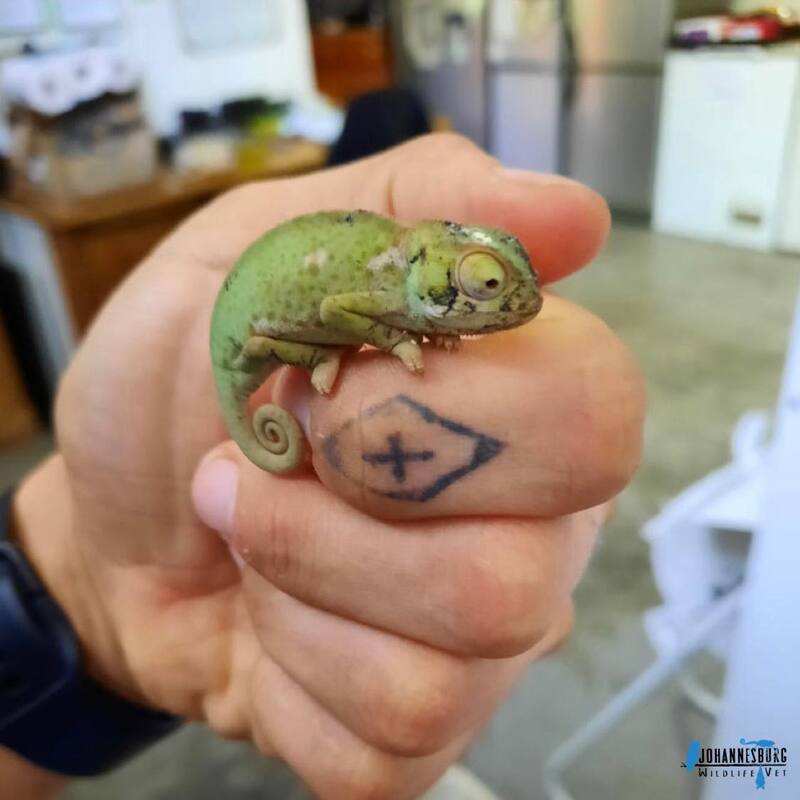
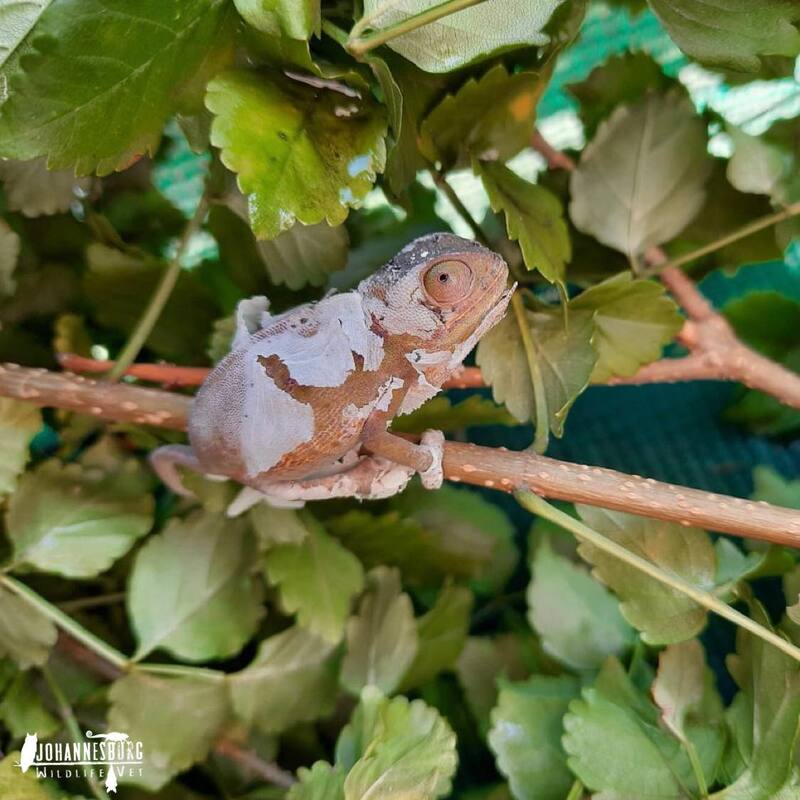
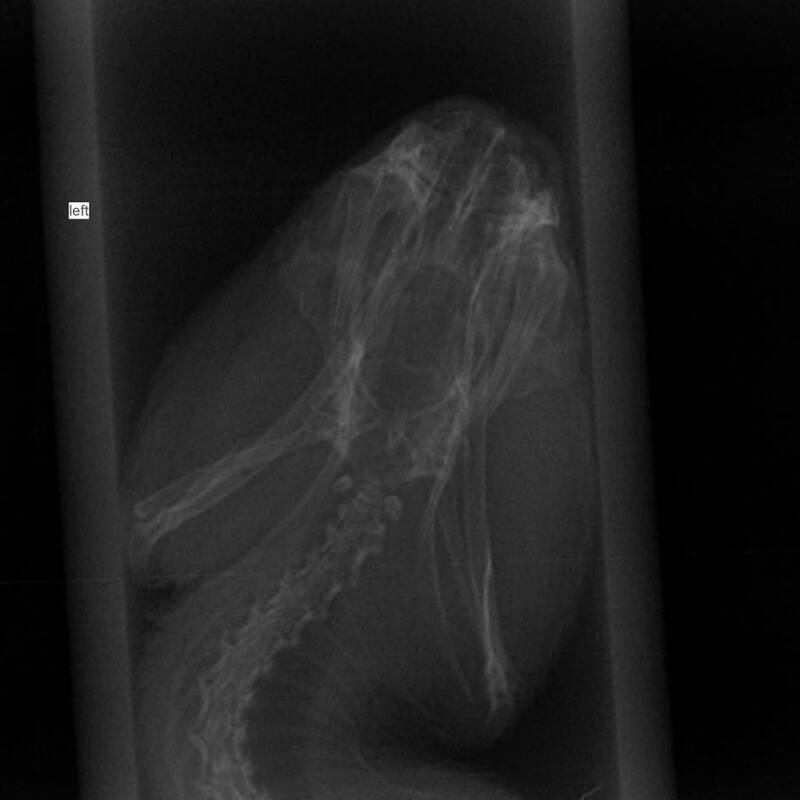
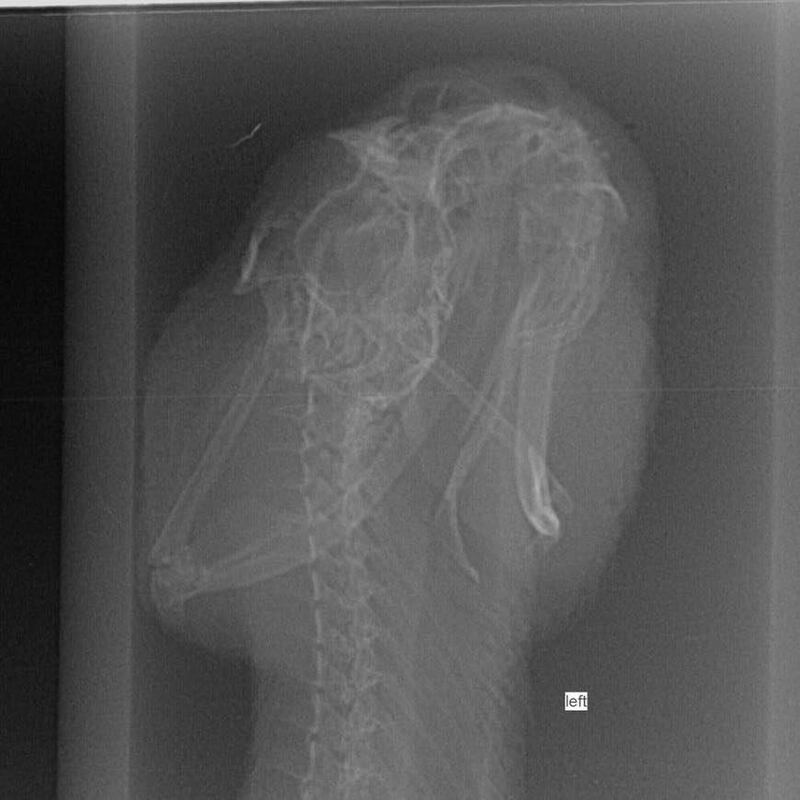
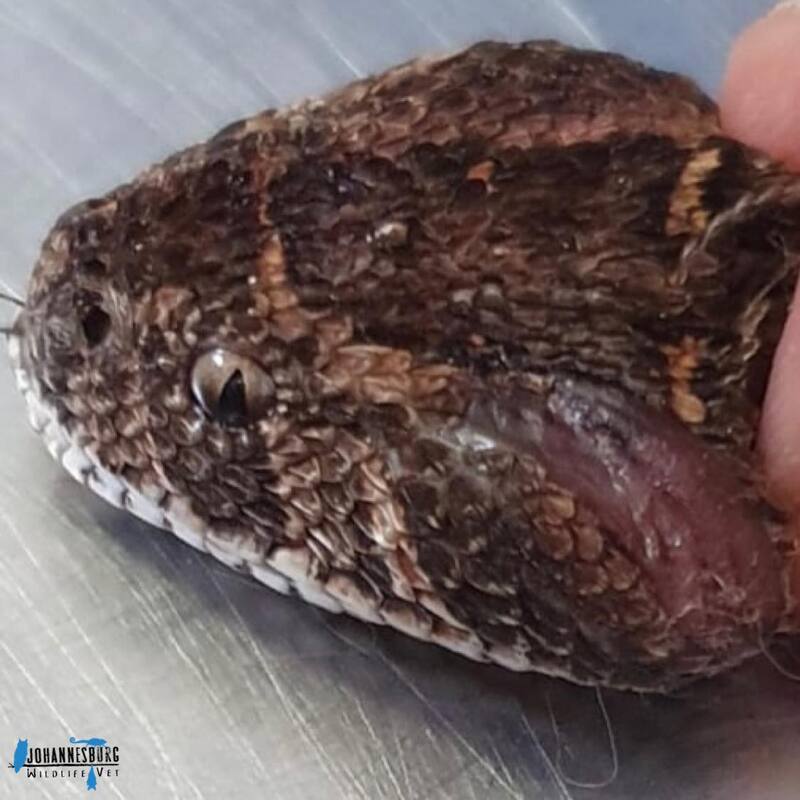
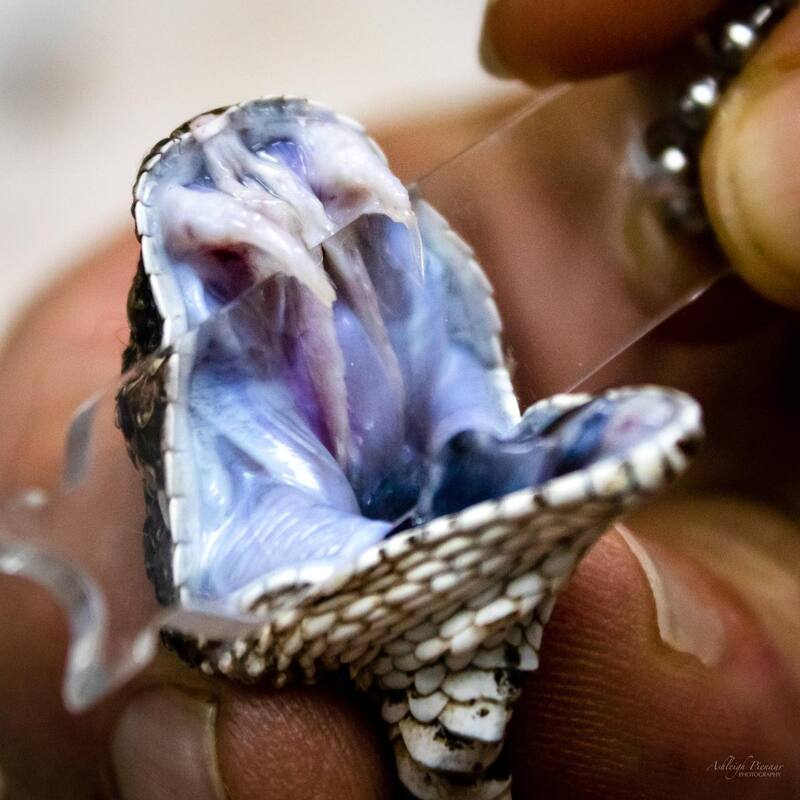
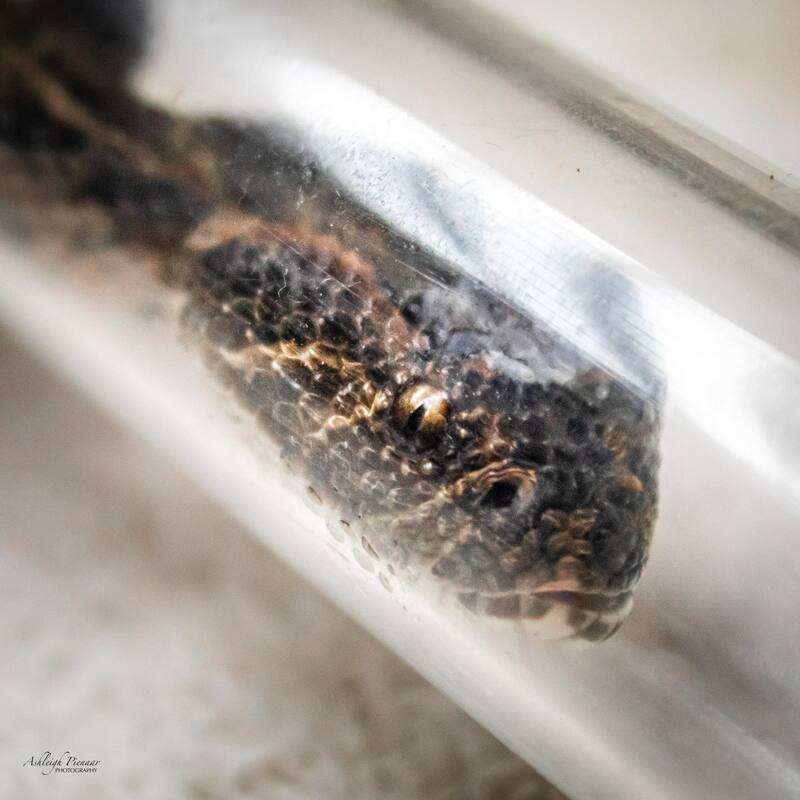
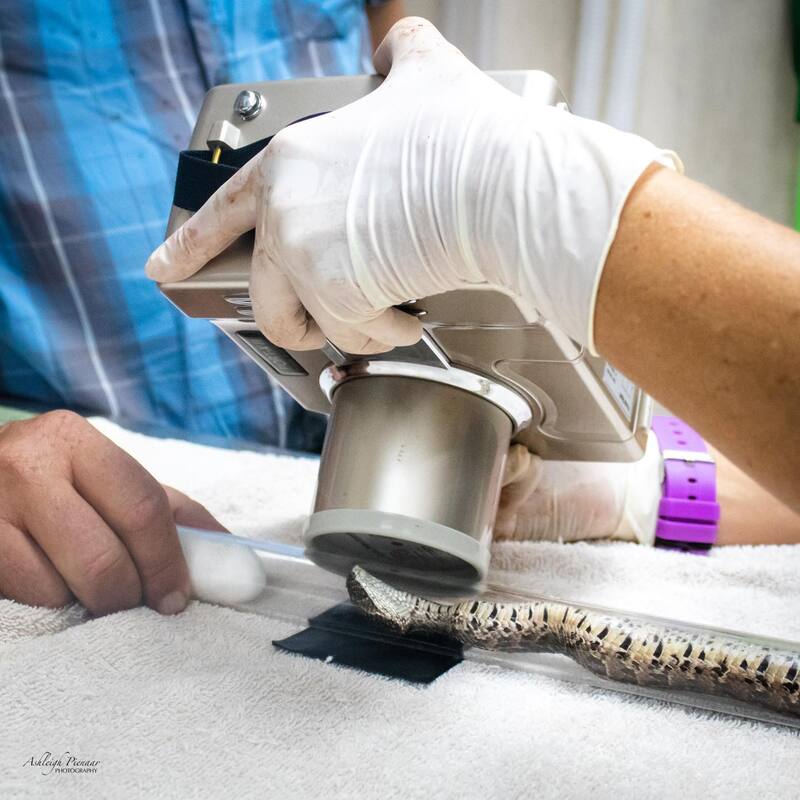
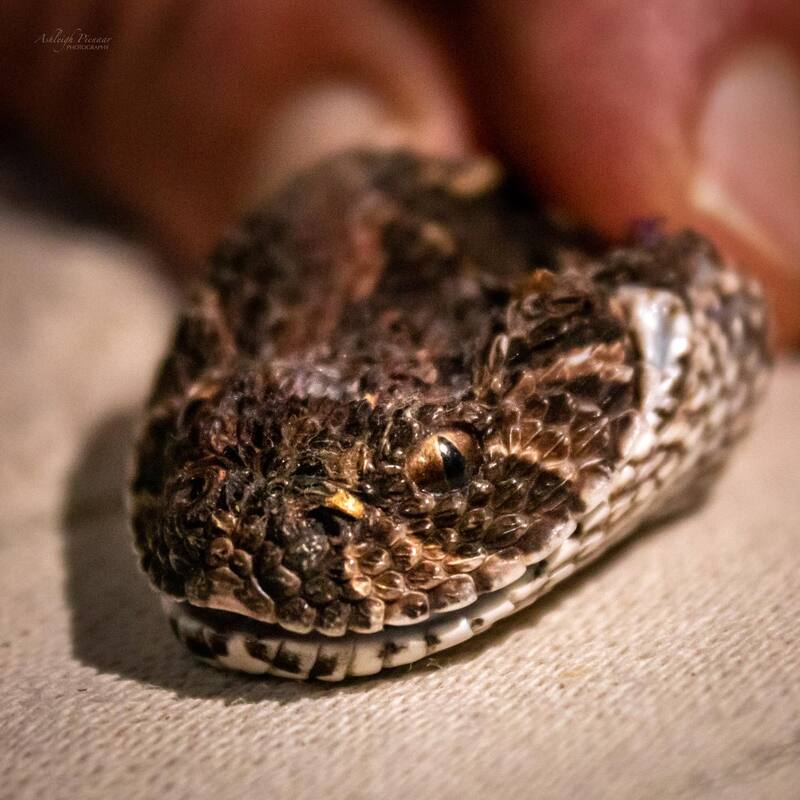
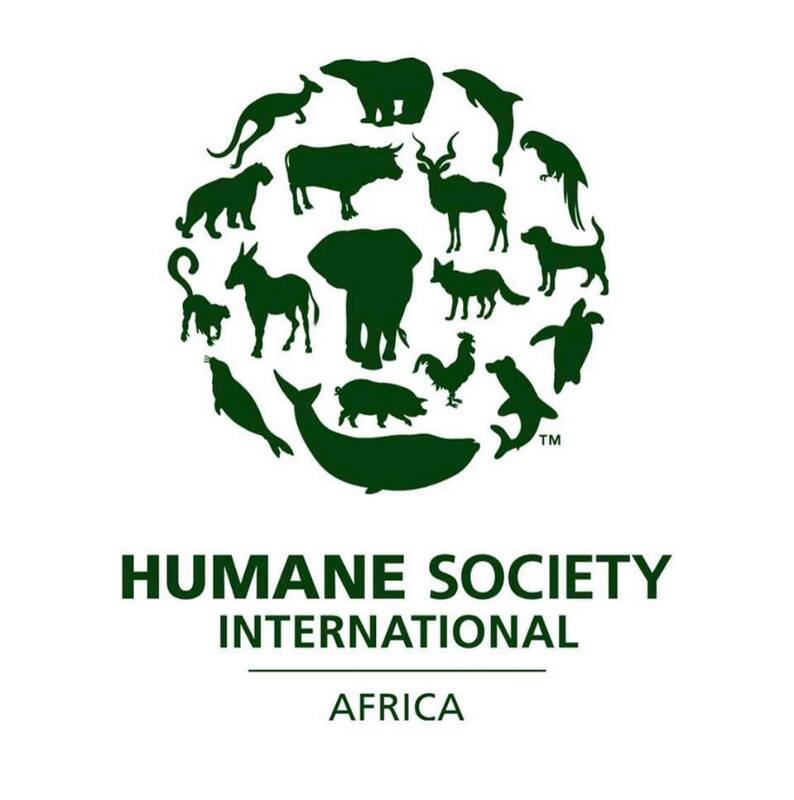
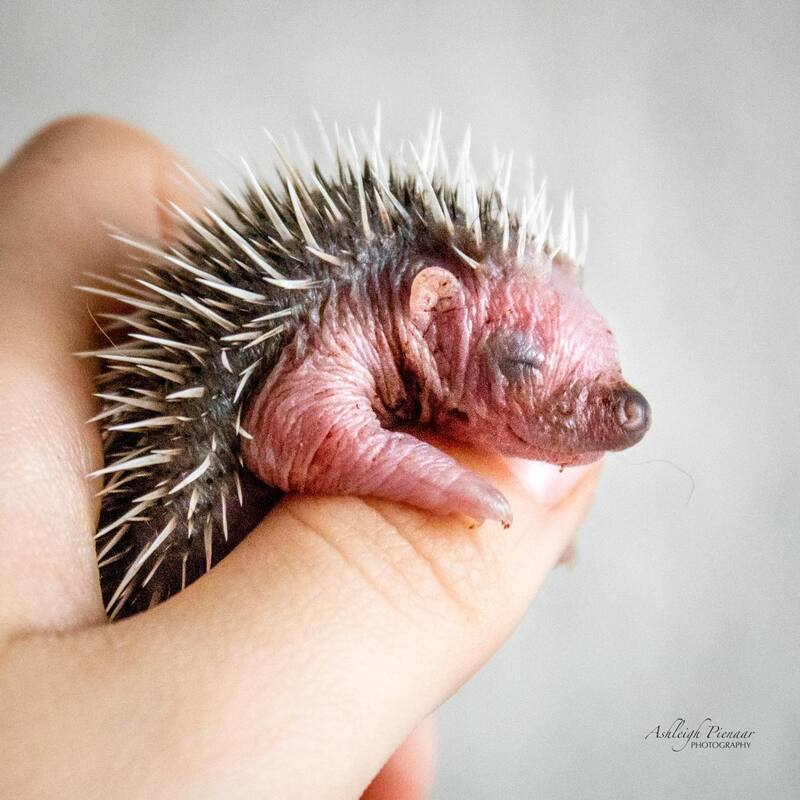
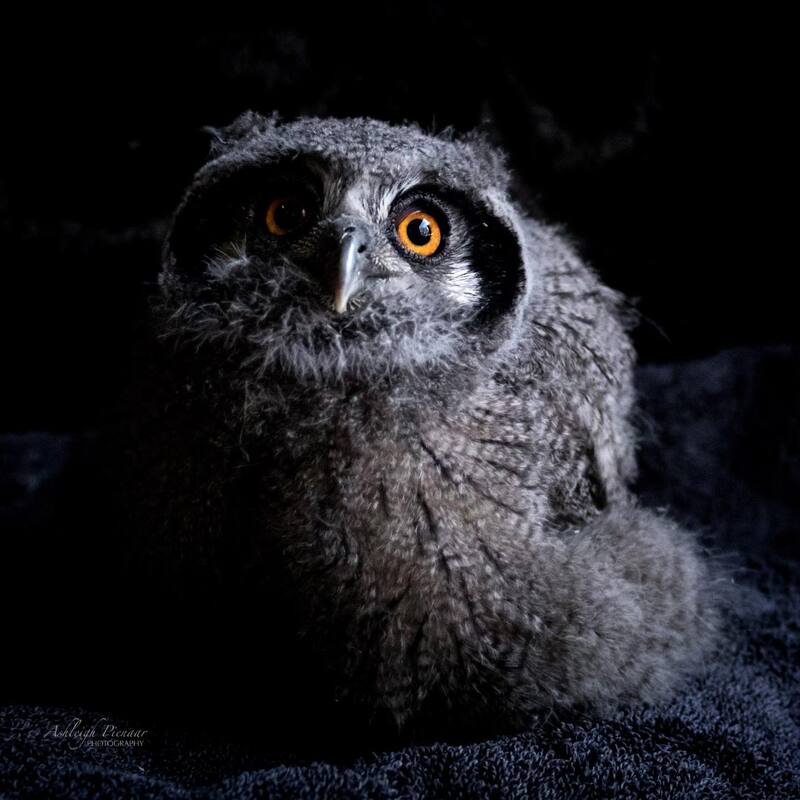
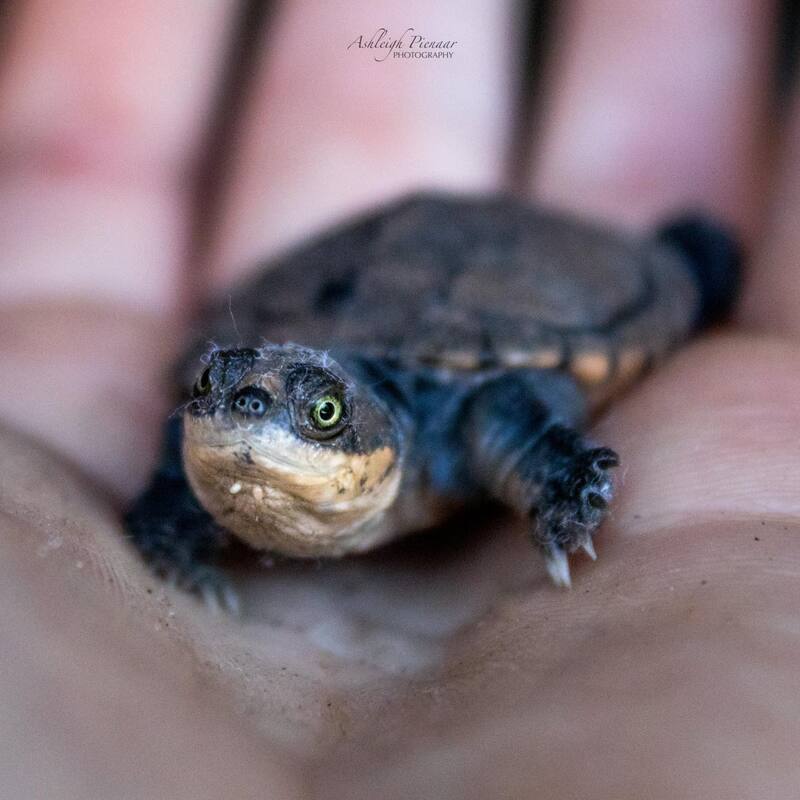
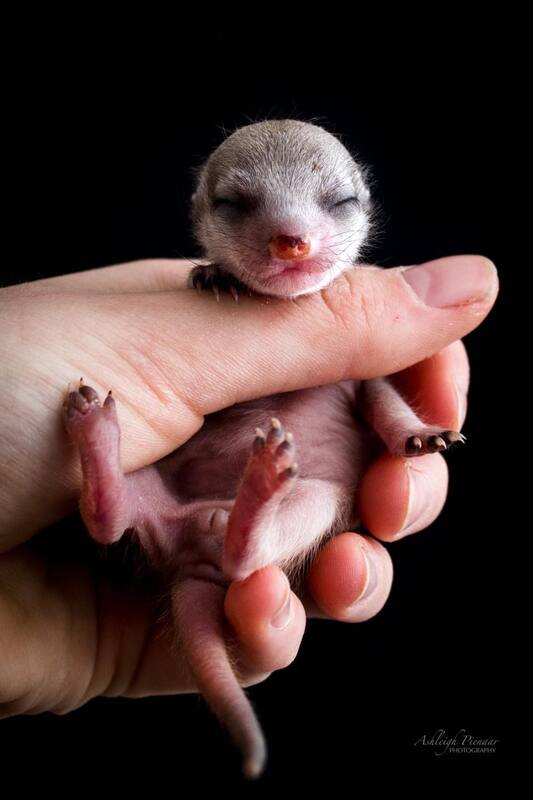
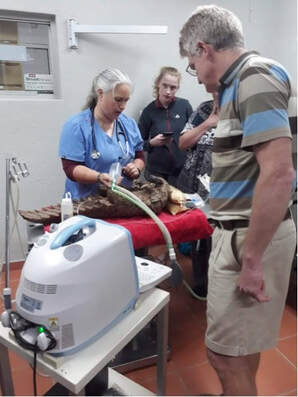
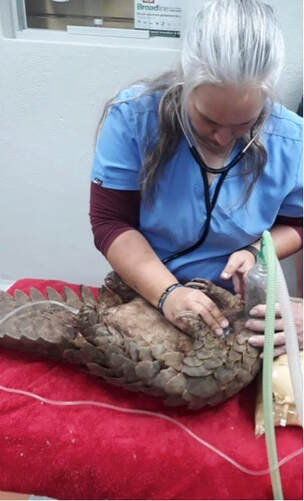
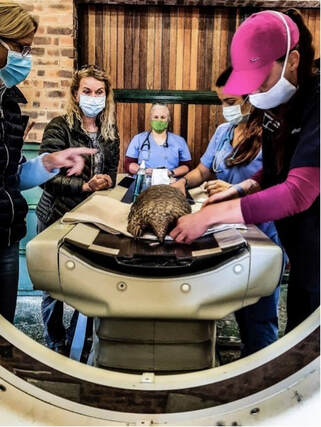
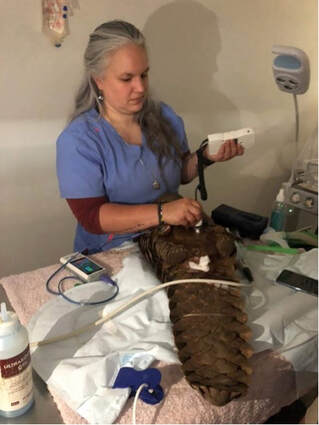
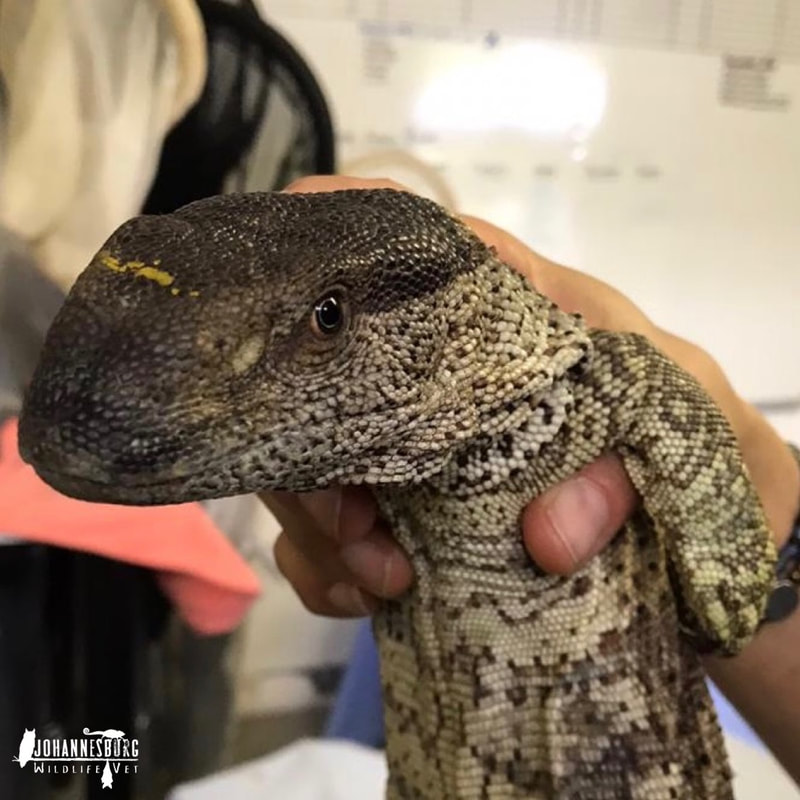
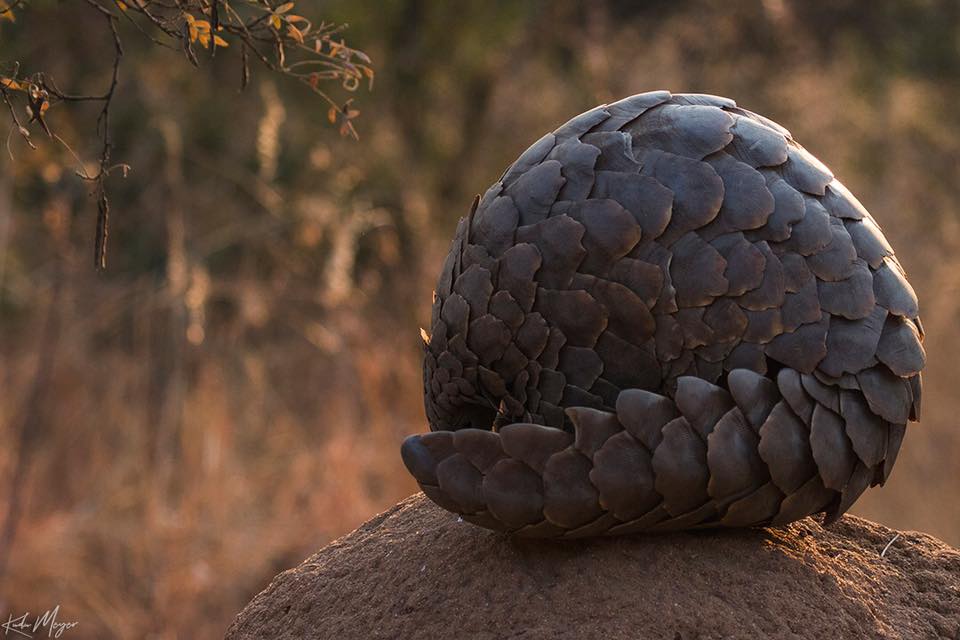
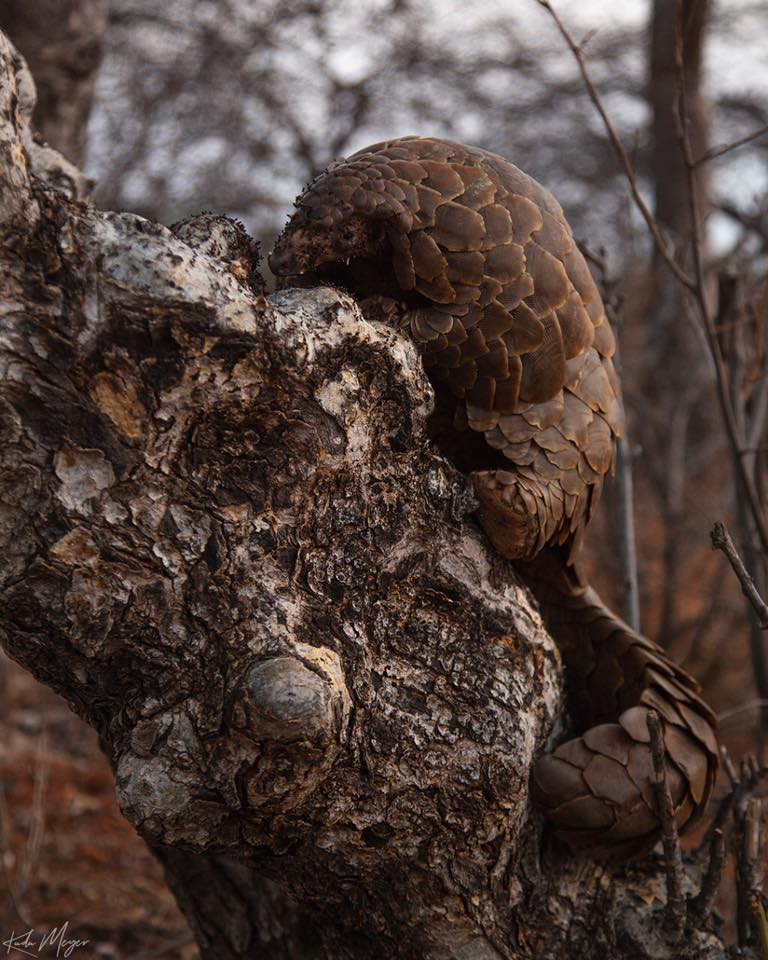
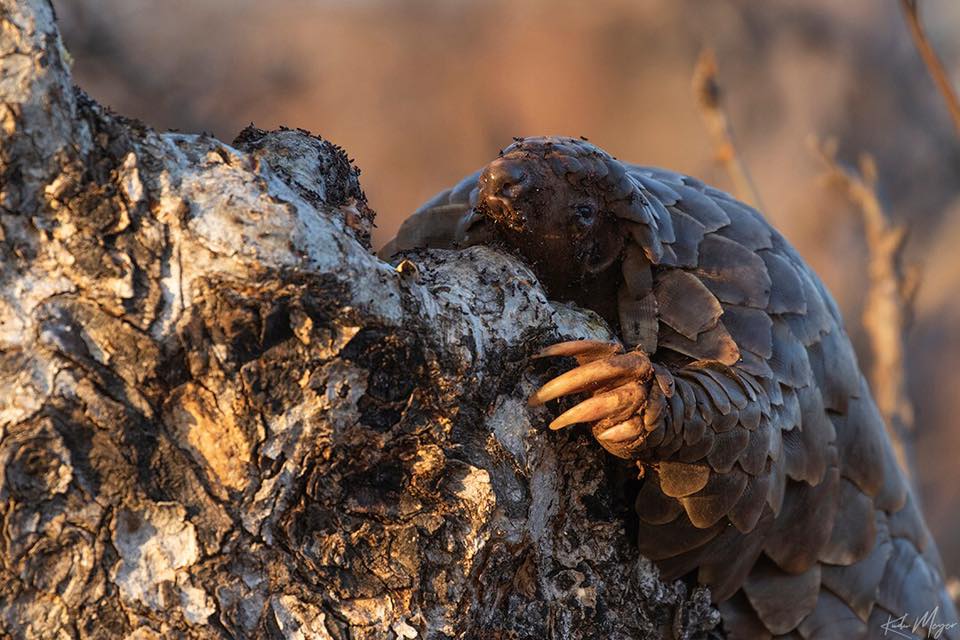
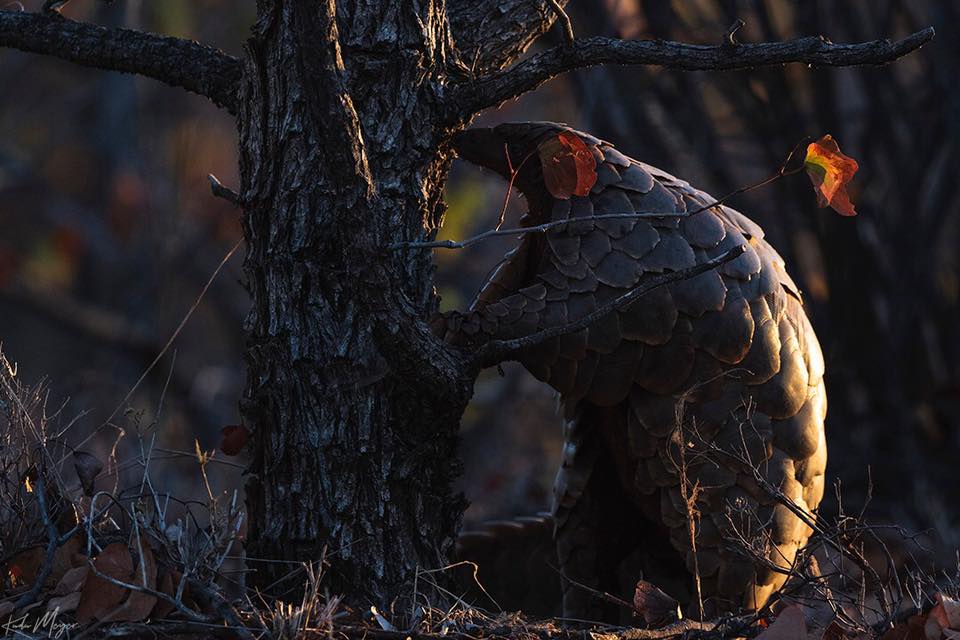
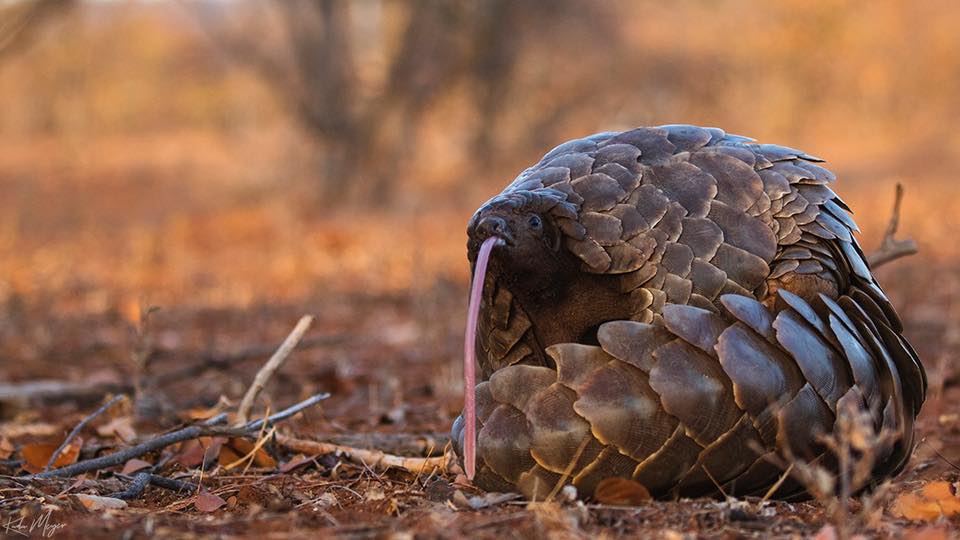
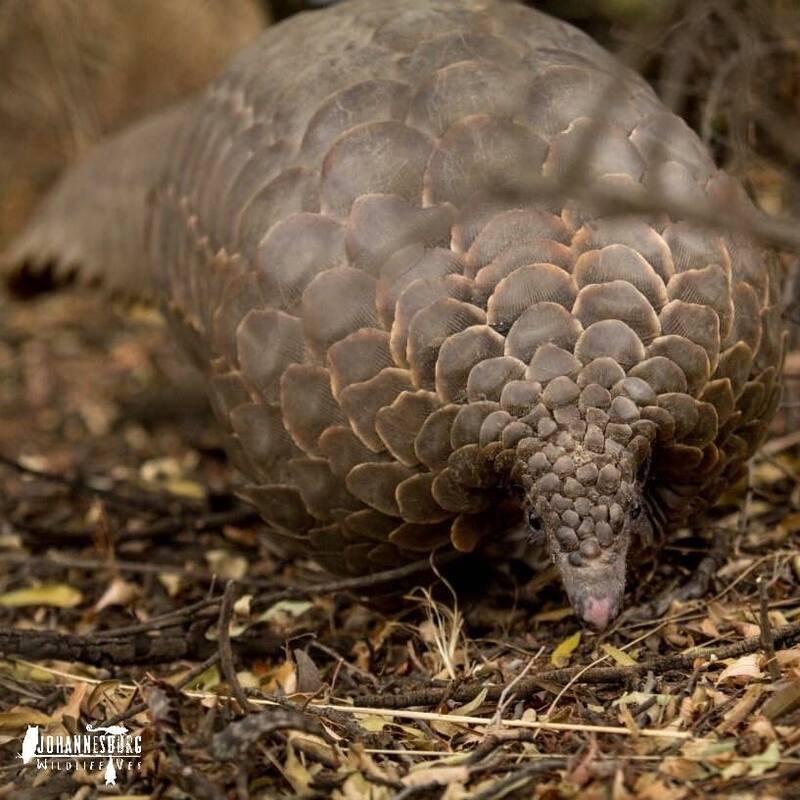
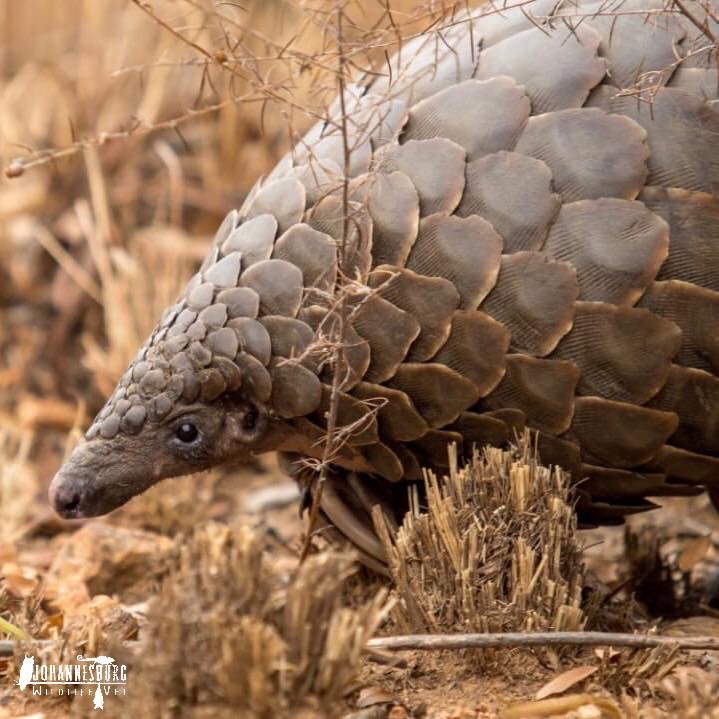
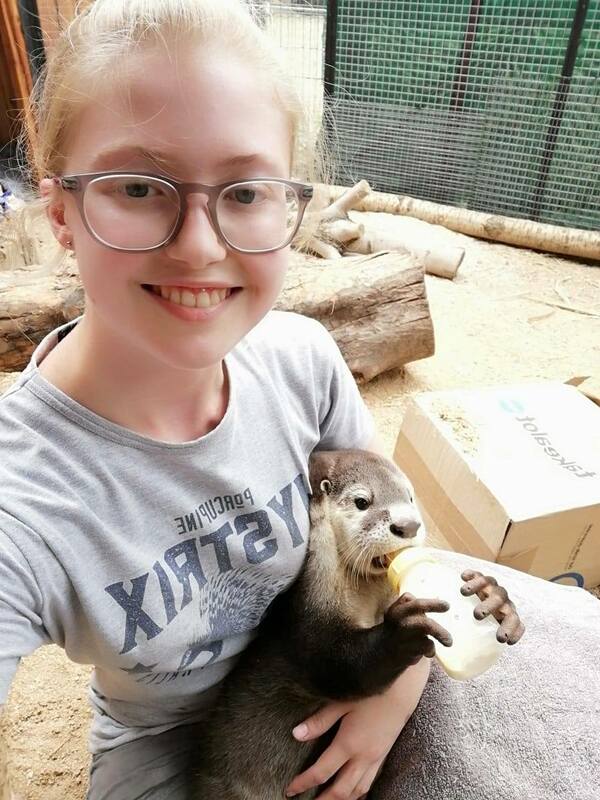
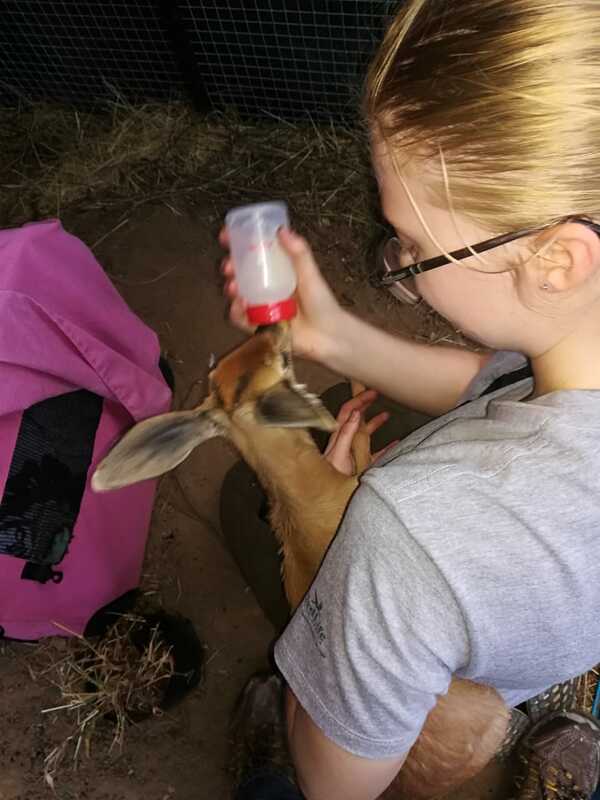
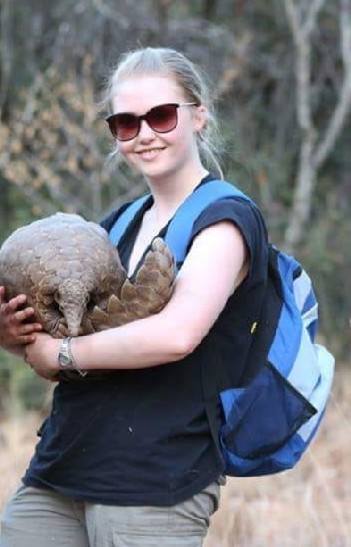
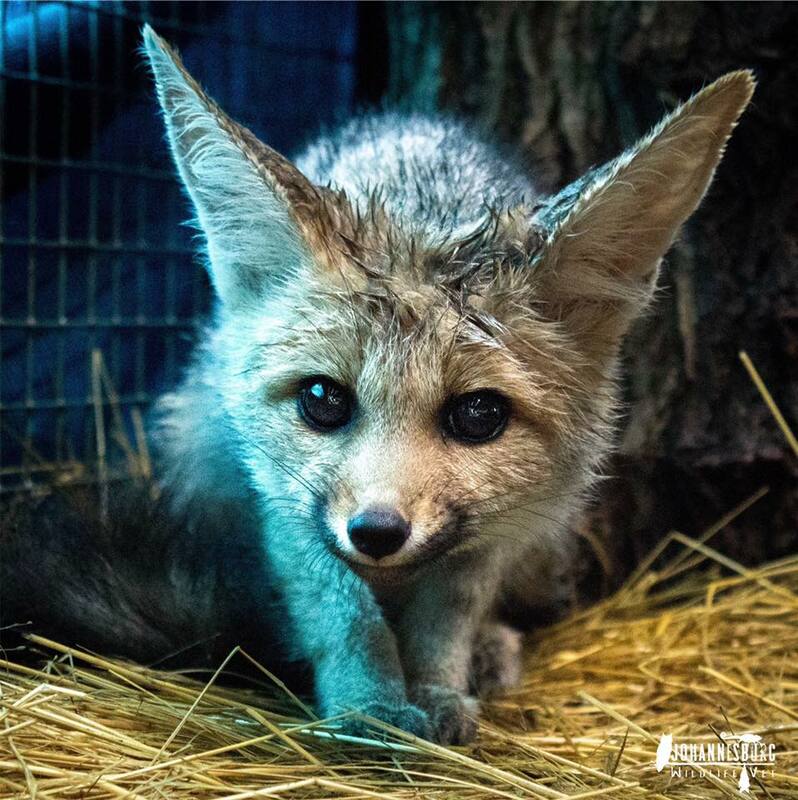
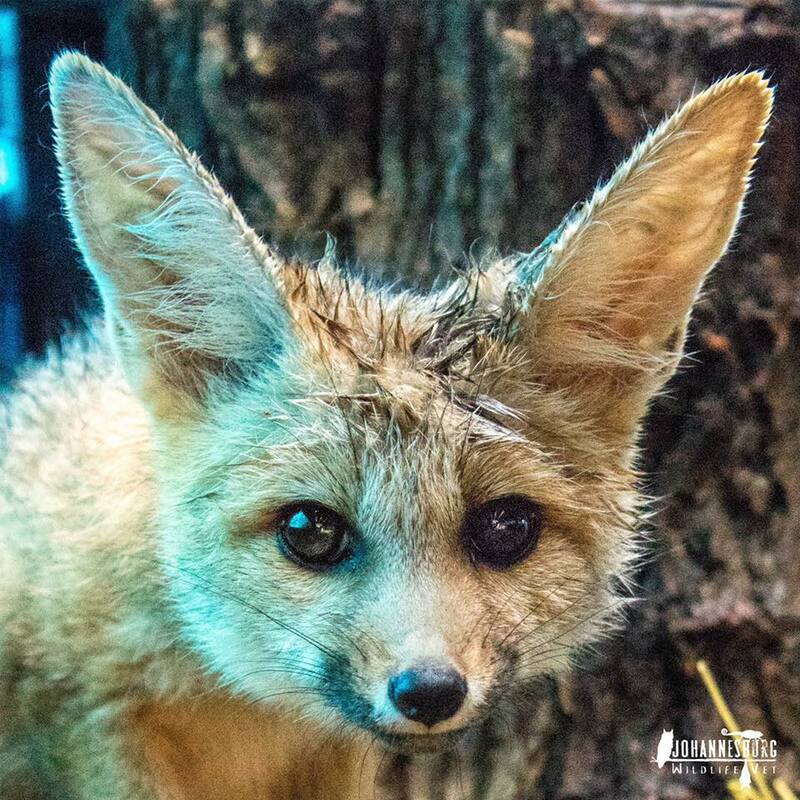
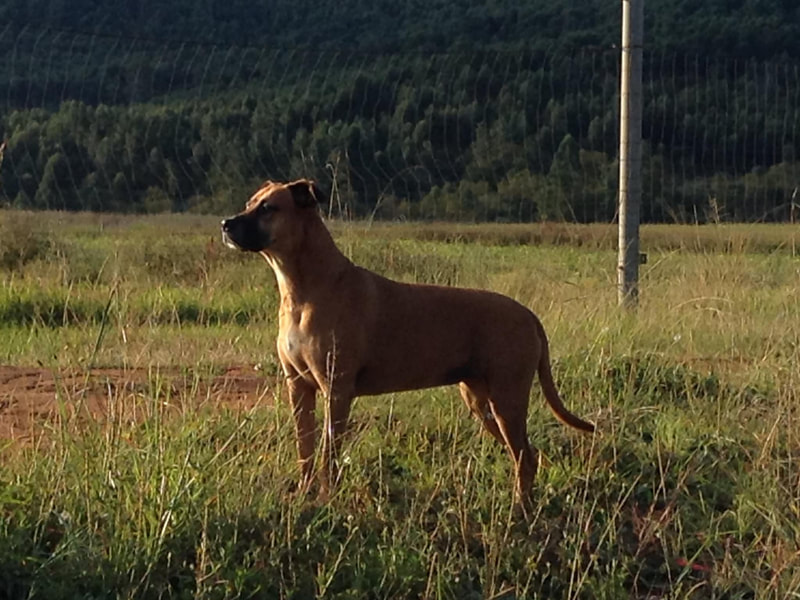
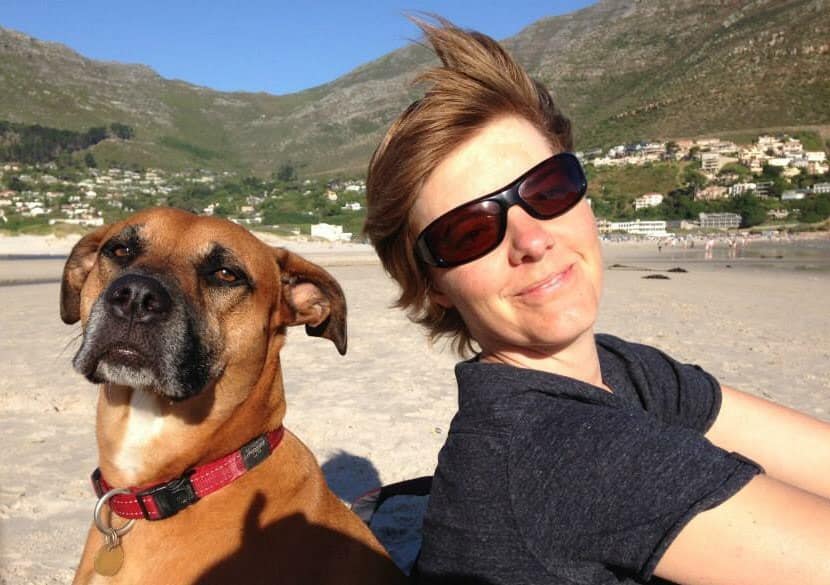
 RSS Feed
RSS Feed
